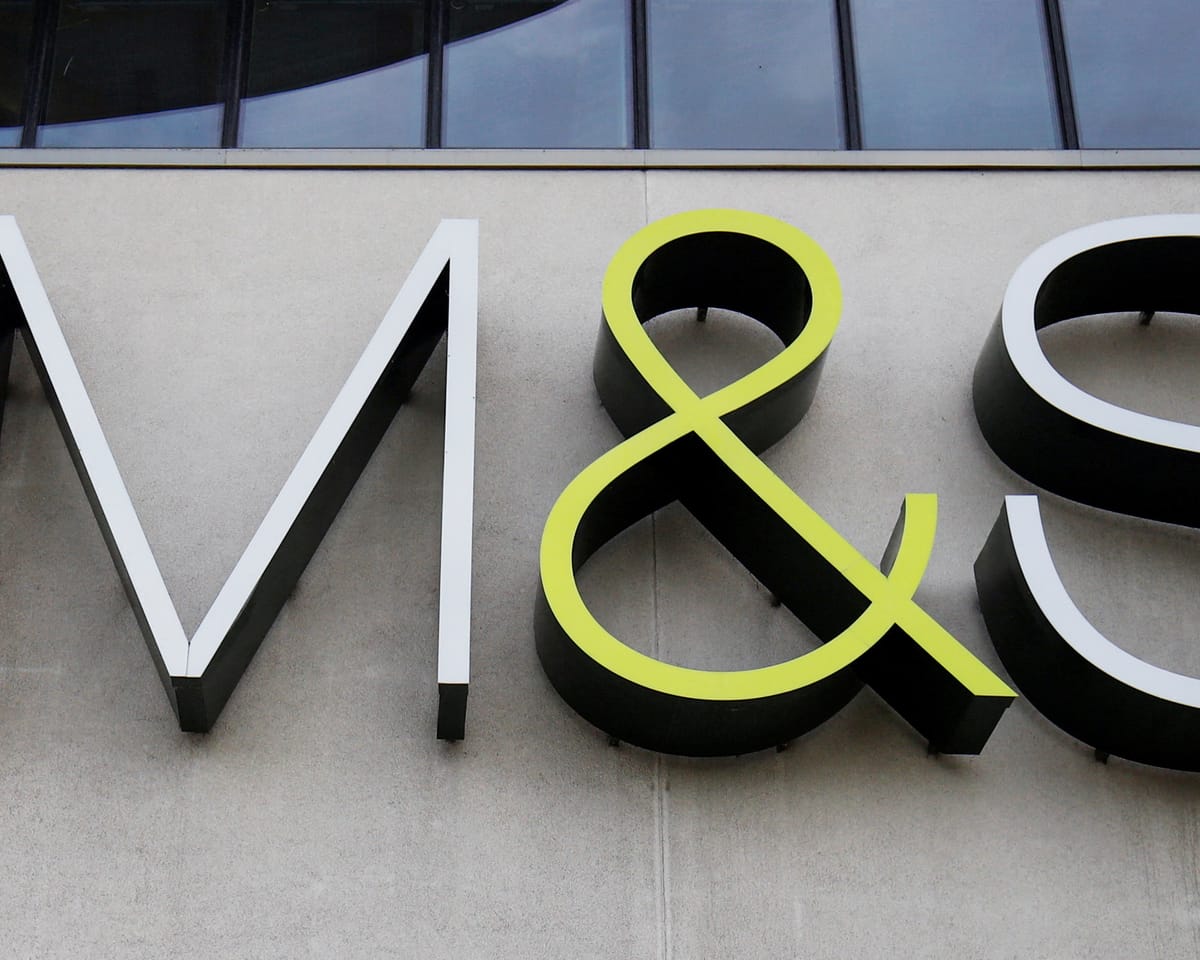An image used by the high street retailer Marks & Spencer has been prohibited for showing a model who appeared “unhealthily thin.”
The Advertising Standards Authority (ASA) stated that the model’s pose, clothing selection, and a downward camera angle contributed to the impression that she was excessively slender.
The picture, displayed on the M&S app, showed a woman in slim black trousers and a white off-the-shoulder top, revealing part of her upper torso.
She faced the camera with one hand in her pocket and the other holding a bag. The regulator noted the model’s collarbones were “very prominent.”
It added that the model’s “large pointed shoes emphasized the slenderness of her legs,” and due to the downward camera angle, “her head appeared disproportionate to her body, further accentuating her small frame.”
M&S told the ASA that its women’s clothing range included sizes eight to 24 but admitted the models in question were size eight, the smallest in its sizing.
The company said it took concerns about body image seriously, all models were in good health, and that it followed industry standards to avoid promoting negative body standards.
The ASA ruled the image must not appear again in its current form, and M&S must ensure future images “did not depict models as unhealthily thin.”
M&S confirmed the images had been taken down.
The ASA also reviewed three other M&S images—on its app, website, and in an email—showing two models in a pink polka-dot dress.
After reviewing, it stated the model’s face “did not look gaunt,” and “while thin, her visible limbs showed no protruding bones.”
“The model appeared proportionate, and we concluded she was not presented as unhealthily thin overall,” the ruling said.
The other images, featuring a different model, also portrayed her proportionately, and she did not appear “unhealthily thin.”
The decision follows concerns that the fashion industry is moving away from the body positivity movement of the 2010s, with a recent shift toward thinner models.
This year, the ASA prohibited an image by Next for featuring what it called an “unhealthily thin” model in digitally altered clothing.
In 2023, it banned Warehouse from using a picture of a model in an oversized biker jacket, stating her visible collarbone, hips, and torso made her seem “very thin,” rendering the image “irresponsible.”
Read next

Ryanair plane had only six minutes of fuel upon Manchester landing, records show
Flight Narrowly Avoids Disaster After Storm Diversion
An inquiry has been launched after a Ryanair flight, struggling against severe winds during storm Amy last week, landed at Manchester Airport with only six minutes’ worth of fuel remaining.
The aircraft had been transporting passengers from Pisa, Italy, to Prestwick, Scotland, on

"Qantas customer data for 5 million exposed as hackers release info post-ransom deadline"
Hackers Leak Personal Data of 5 Million Qantas Customers on Dark Web
A cybercriminal group has released personal records of 5 million Qantas customers on the dark web after the airline did not meet their ransom demand.
The breach is part of a larger global incident affecting over 40 companies,

Investors flee record-high UK stocks as EU set to hike steel tariffs
Investors Withdraw Record Sums from Equity Funds Amid High Market Valuations
Data reveals that investors in the UK have withdrawn an unprecedented amount of money from equity funds over the past three months, driven by concerns over soaring stock market valuations.
According to the latest figures from Calastone, the largest

